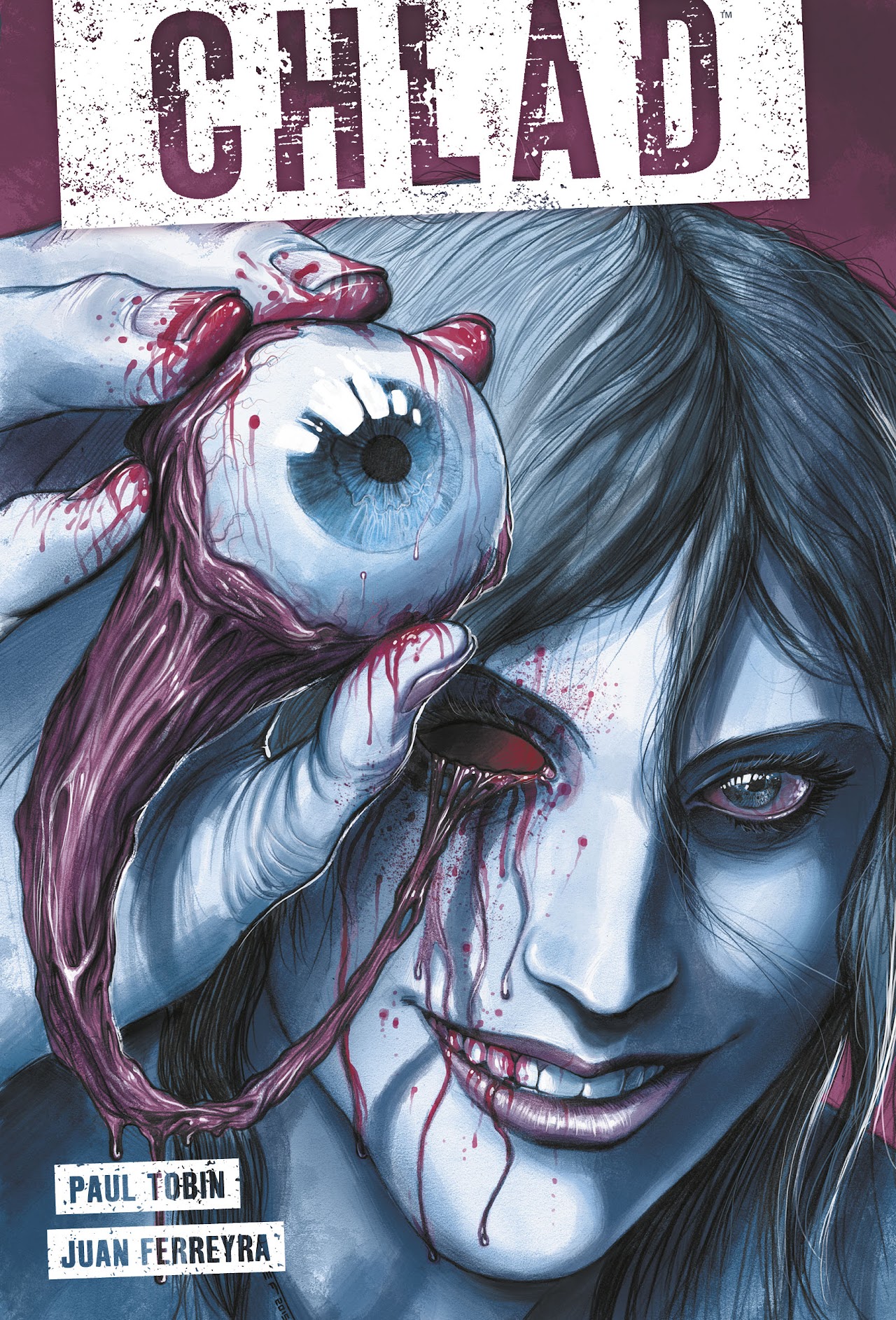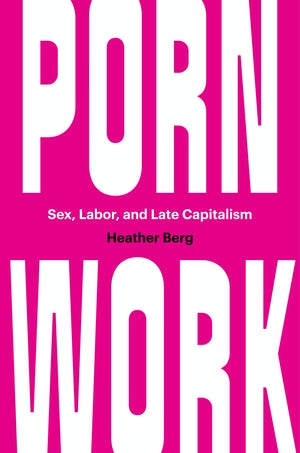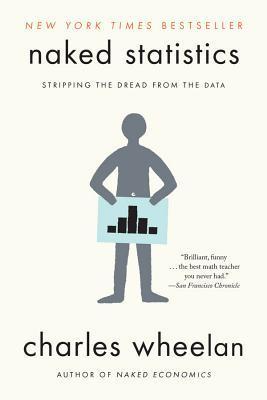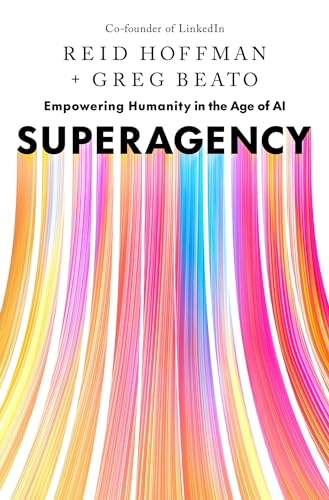January was mostly spent on pedagogy, a bit of everyday history / science and sneaking in a novel or two.

Succinct, practical and directly confronting many well-entrenched myths (like „let’s teach skills and critical thinking“). More based in theory than Doug Lemov for instance, but still very hands-on and practical, and with a deep, ethical commitment. Especially the confrontations of „everyone has the same talent“ and the conflation of talent with value, are very well thought out. If the goal is to challenge the students and help the students, we can’t pretend everybody possesses the same skillset. Recommended for teachers.
The only part where I struggled a bit was the „how to deal with devices“ – while the science is solid, the recommendations felt a bit far fetched (can hardly imagine a teacher turning around all the parents…).

It’s well written, and the atmosphere works too. Although, the repeated „hey, life in Šumava is actually really hard and rough“ message could maybe chill out a bit – it doesn’t have to be in every single chapter.
The plot, historical background, and twists made me start to beg: „could we, just once, move away from WWII as a topic?“ – and then completely different kinds of bombs start to drop. There are tons of plot twists – and most of them feel like twists just for the sake of it. The characters are, of course, completely over-the-top, but somehow it works. What really hurts, though, are the random references to current events (not gonna lie, the inclusion of the Kramný case was just painfully awkward), and the last few chapters. Everyone is scheming and thinking in hyper-complex intrigue layers, there are way too many AHA moments and ancient conspiracies, and the book stumbles somewhere between a classic pulp crime novel (though there’s not much actual detective work going on) and an attempt at some kind of (eternally cynical) historical reflection – which really doesn’t land at all. A pity – I think the horror genre suited the author much better.

Paul Tobin, Juan Ferreyra, Alexandra Niklíčková (Translator)
The art and a few of the shockers work wonders to save the book from being a complete drag.
Everything else, from the world to the finale, is a delirious nightmare: but at least my nightmares have honestly a bit more of structure, urgency and meaning. Was really hard to get invested in anything and after finishing I will probably forget most of it: with the exception of the cover arts, those are phenomenal. Can’t recommend.
(the work done by Comics Centrum on this is once again phenomenal.)

It is angry, truthful and so on – the only problem is that, being rather short, it does not go into much detail AND draws a lot from Willingham without adding much on top of his work apart from a British context and honestly horrible anecdotes with Shakespeare and Churchill.
Can’t really recommend – maybe as a first foray into contemporary “what is happening in pedagogy?”, but that would be it.

Finite and Infinite Games: A Vision of Life as Play and Possibility
Probably the worst piece of philosophy I’ve read in years. What starts with a bold and intriguing assumption (“let’s divide everything into categories of finite and infinite game”) turns into a very broad esotheric orgy of „You thought that thing X is X? It’s Y, in fact. Deal with that.„, and profound semantic masturbation. There is a simple test that can be done after reading every book of philosophy: should I change my life somehow?
And the answer here is mostly “I should probably stop reading books like this”. But not because the book is completely detached from any interesting topic. Quite the opposite! It just takes a super important and interesting premise and just…ignores it and rather plays with words and vibes they have.
It IS in the end a creative game of sorts: but there is no reason to play along with it.

Well, this was a disappointment. The first part holds some sort of promise and it sticks to the „light hearted fairy tale thing“ – and if it had stayed in that lane, it COULD’VE somehow worked out.
But then it gets all over the place, with massacres, gigantic „you are the chosen one“ plot twists, heroes walking from point A to point B just to decide to go to C and the most horribly written, boring and obnoxious villain. And yes, he gets called out for being boring by the heroes, but that is no saving grace for somebody who goes around having super long monologues just capturing people and then…doing quite random things.
The romance also feels artificial, not built, but just somehow _happening_: and add the weirdly disjointed world circling somewhere around „Fairy tale happening somewhere in Europe“, „dark fantasy“ and „lighthearted story with funny royals being quirky“ and you get something that was painful to finish both for me and my fiancée.
Two points for few working flashes of humor in the beginning and because I just feel horrible about giving a bad review to the author of The Last Unicorn.

The Anxious Generation: How the Great Rewiring of Childhood Caused an Epidemic of Mental Illness
My first reaction to the book was hostile. I read too much technophobic bullshit than I wanted in a lifetime and this started off sounding as another brick in that wall.
However, I had to change my mind. Heidt provides a wealth of solid (even if mostly corelation-based) evidence and good working hypothesis and goes not only after smart phones, but stands against broader upbringing problems and even presents surprising amount of nuance in his approach to different technologies.
Where the book faltered a bit for me is the solutions part (seriously suggesting creating a whole new system of rituals and celebrations is a bit ambitious) and some wilder trips into sociogenic diseases, where the line between „this is created socially“ and „people just have more information to self diagnose“ is something that the author acknowledges, but then still goes on to make a lot of bold statements.
However, all in all, the book was a precious source that managed to turn around some of my ideas. Recommended.

Well, no wonder this is considered a classic. An entire life and thousands of thoughts packed into just a few pages—sweet like decay, bitter and powerful. Not necessarily a “must-read for everyone,” but I think anyone over thirty will still find a lot in it.

Porn Work: Sex, Labor, and Late Capitalism
Well written and great summary navigating the various tensions contained in porn: from anti-sex narratives to exploitation, precarious job situations, workplace risks and emotional labor. Useful in general thinking about gig economy and new forms of labor conflicts.
However, if porn makes you uncomfy or if your attention gets carried away easily by sex toys, this one will NOT work for you. It stands right in the middle between “serious work study” and “fun facts from the industry”: which might not be a comfortable position for everybody.

Naked Statistics: Stripping the Dread from the Data
Simple, sometimes actually funny, oftentimes too simplifying and if you have never encountered statistics, probably quite useful to see all the fallacies and problems.
However, I was definitely a bit too humble when approaching the topic, so most of the things were well known to me and for a lot of them I already felt like “those explanations had been better”. If I had known this some 5 – 7 years ago, it would be very useful. And still not a complete waste of time.

Niccolò Machiavelli, Josef Hajný (Translator/Prologue)
Sure, we can talk about what kind of (cruel and cynical, but also significantly milder) advice Machiavelli gives to rulers.
We can also talk about where and how he is deadly serious, where he exaggerates, and where, perhaps, it’s much more satire — advice like “you should be this horribly cruel,” which isn’t based on some analysis of possible benefits, but rather serves as what was probably an obviously absurd “pls, don’t do this” kind of warning for his contemporaries.
It’s probably no coincidence that there’s quite a number of books dealing solely with reinterpreting The Prince through different lenses — like this particular banger (sorry, Czech only).

I knew I was not getting in some serious book with things like a plot or development or remotely interesting things happening – I am fine with cosy fantasy (we do listen to books like this with my fianceé before falling asleep).
This was the first one to actually break me. After the extremely plain romance moved to the part „oh no I just got very wet and now I am wearing a guy’s shirt and we would really want to DO STUFF but there is a talking spiderplant preventing that“, it was too much. At the same time, all the magic, all the problems are just…everything goes well. All the time. Nothing really makes sense and the whole conflict is „distant person was randomly awful“.
I am actually a bit of a fan of cosy, „healing“ simple things. There was no healing around here: just very toxic and ALSO universally liked heroine.

Kaput: The End of the German Miracle
Comprehensive, very compelling on economic models, a bit too bitter on the politics at times. All in all a good read, where the basic analysis of the problems will sadly be relevant for 10 more years.
And also – what applies to Germany mostly also applies to Czechia, just five times worse and without the profits.
(one of my last tweets is about this book, yay https://x.com/dfw_hrystorie/status/1883934049485697145)

Crossings: How Road Ecology Is Shaping the Future of Our Planet
I would never think „yes, I need to read more about road and by-road ecology“.
But obviously, here we are, I read about it and damn, it was good. Fast, enticing, with many interesting and well balanced insights and going into many different interactions of roads with other people. I was just sad that it seems to be very much hyper-locally focused in every chapter, but obviously the author wanted to escape super wide generalisations.
You will probably start looking at roadkill very differently after reading this one.

Superagency: What Could Possibly Go Right with Our AI Future
Sadly, it is a strong _no_ from me.
I very much vibe and like the techno-humanist-optimistic direction of the book: would subscribe to it myself. But on many different levels, this is not a good argument in that direction. To put forward a few:
a) the past experiences and successes with LinkedIn do not help the book advance anything and read more like „see, I did a good thing in the past and I still really want it to be relevant“. Solid editor would have purged that completely.
b) the historical parallels are simply bad. It’s good that the author have read Blood in the Machine (really, its a great book), but the existential angst and intellectual AI safety fears have completely different mechanisms and dynamics than the bloody and very grassroot Luddite movement. Industrialisation and trade laws in Britain are a fascinating topic, but once again, they do not vibe in any way with what we are seeing now.
c) the heart of the argument is „technology can be good, even with some wrinkles“. I wholeheartedly agree! It can and in most cases, humankind have managed to harness it in a way that brought more benefit than suffering.
But this, the central argument of the book, just gets lost behind a lot of namecalling, defensiveness, long stories about _twitter threads_ (not a great sign of signal) and a bit flailing attempts to do something more. There was a great opportunity to say „hey, these are all the very practical areas where the advancements will have very tangible results, this is how we can think about them“: psychohygiene is mentioned, self driving vehicles get a passing notion, but everything else has the same space as passing notions like „I think the whole regulatory dilemma is now completely different, because of Uber“ (vulgarised argument ofc, but imho close enough to the book).
What is then completely avoided are the existential risks of AI, the alignment problem, the resource problem, the superpower race, the…
In the end, as a technooptimist believing in iterative approach to things, I kinda feel the need to say „this was not it, let’s try again“.

Frostbite: How Refrigeration Changed Our Food, Our Planet, and Ourselves
Intersection of everyday history, economics, science and hygiene with contemporary topics and the outlook forward. Love these „just enough“ deep studies into one topic that naturally uncover the connections and calibrate on things.
Stuff learned:
– not all countries have actually managed to build a working „cold chain“
– the refrigeration has not moved much technologically in last years
– the stuff around ripening, fruit and chemicals was not super new to me, but I got some fine details, nice
– ancient preservation techniques and ice houses were partly something dearly known (pickling, drying etc), but the sheer scope of the ice houses and how prevalent they were was really interesting
If you want to pick up one small, everyday topic and be like „wow, so many interesting and well connected things“, this is a book to pick up.
(carried me through most of Amsterdam – Taipei flight, that should speak for something)